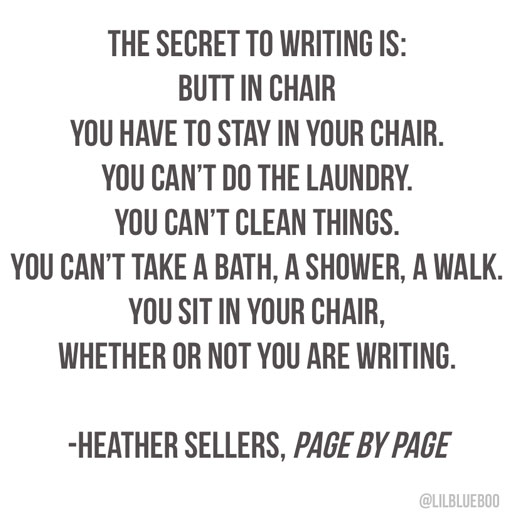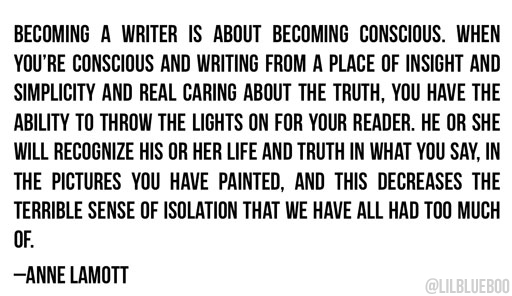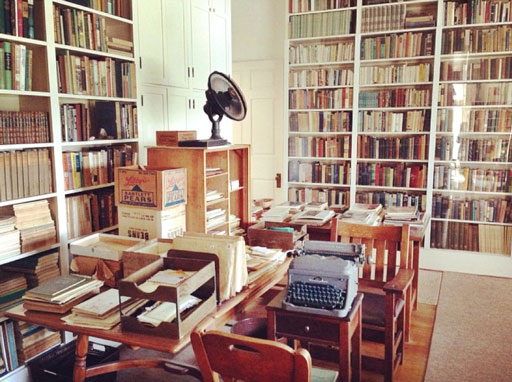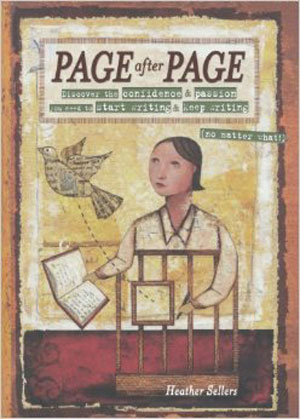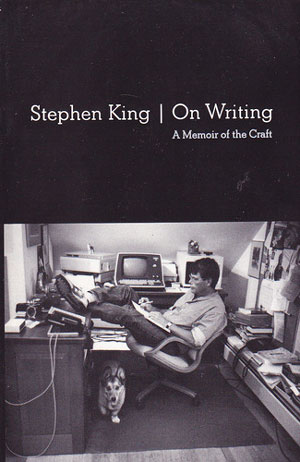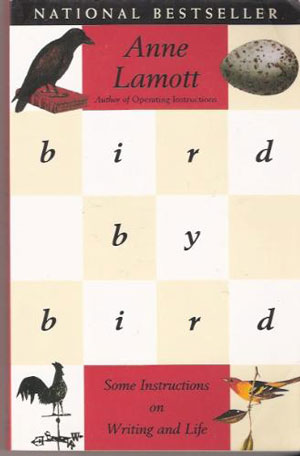I spoke about writing from the heart this weekend in Galveston at the Blog Elevated Conference. Yes I actually did it, despite being knocked silly and unable to turn my head after the car accident. And despite my being a deer in the headlights, the crowd laughed, and cried, and they were right there with me. And the genuine “thank you’s” afterward shook me to the core and made it all completely worth it because there is always that doubt: why would anyone want to come and hear what I have to say about writing? I have no certified expertise. I never did well in English and literature classes when I was in school. I thought I’d share a few things that I shared with those that attended my session because it’s all so very close to my heart right now. This is what I know today:
1. A writer actually has to WRITE.
This is a work in progress for me. I’m always thinking about writing, but not always actually WRITING. The book Page by Page by Amy Sellers is one that I love to read over and over, and never in order:
2. A writer has to disconnect every once in a while.
I am the QUEEN of excuses when it comes to writing: I’m too busy. The phone is ringing. It’s too hot . It’s too cold. I have to organize my space first.
I have to find a quiet place to really write. Maybe it’s for an hour a day, maybe for an entire weekend. Since we have such a small living space right now, I cleared out a section of my daughter’s room that I can use as an area for writing each day when she is at school. It isn’t glamorous but it’s all I need. It’s quiet, and without distractions. Stephen King used to write in his laundry room. It was a place where he could shut the door and show the world he meant business.
Sometimes I go to the library. Sometimes I just sit in my car in the library parking lot. Sometimes I ride the train by myself.
3. A writer needs input.
Just like Johnny 5 from Short Circuit….”need input”….who consumed books: I think a writer needs to consume books. I took this photo over the summer of Carl Sandburg’s house in Hendersonville, NC:
It was like walking into a time capsule. Incredible. Every square inch of his house is covered in bookshelves, to house the 14,000 books that he stored there. He had twice that but he donated half to a university. And in each book were tiny pieces of paper where he had marked things to come back to. He devoured anything he could get his hands on. When he died they found his jacket pockets full of newspaper clippings and phrases.
I am never without a book. I sleep with books. Books stack up next to my bedside. Magazines. Wikipedia. I live in bookstores. The more good stuff I put in, the more good stuff that comes out.
Also, input isn’t just about books. Dayna Steele who was the keynote speaker at the conference gave some great advice:
Never stop learning. Google everything. Google everyone. Look at the morning news. Know what’s going on around you. Continue to learn about things you know nothing about. Teach yourself stuff. Get out and meet people. Talk to people you don’t know.
I love to wander because I never know where it’s going to take me. It also give me a chance to observe and write about what I would never notice otherwise:
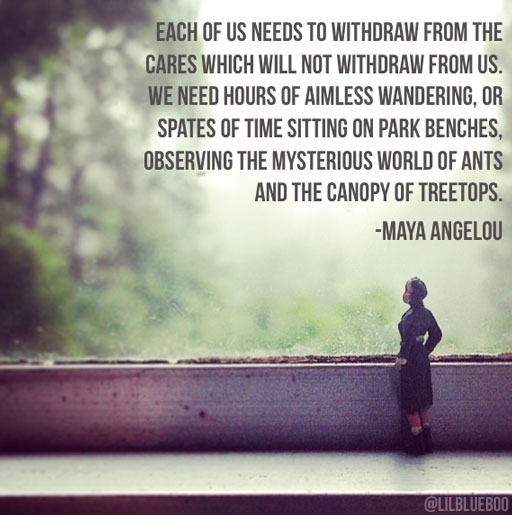
I think to write from the heart you have to live from the heart. They are undoubtably linked.
Live to write, not the other way around, right?
A few books that I recommend:
Page by Page by Heather Sellers
“Writing a book is exactly like love. You don’t hold back. You give it everything you have. If it doesn’t work out, you’re heartbroken, but you move forward and start again anyway. You have to. You don’t hold some of yourself in reserve. It’s all or nothing. There are no guarantees.”
On Writing: Memoir of a Craft by Stephen King
“So okay― there you are in your room with the shade down and the door shut and the plug pulled out of the base of the telephone. You’ve blown up your TV and committed yourself to a thousand words a day, come hell or high water. Now comes the big question: What are you going to write about? And the equally big answer: Anything you damn well want.”
“I heard a preacher say recently that hope is a revolutionary patience; let me add that so is being a writer. Hope begins in the dark, the stubborn hope that if you just show up and try to do the right thing, the dawn will come. You wait and watch and work: you don’t give up.”

